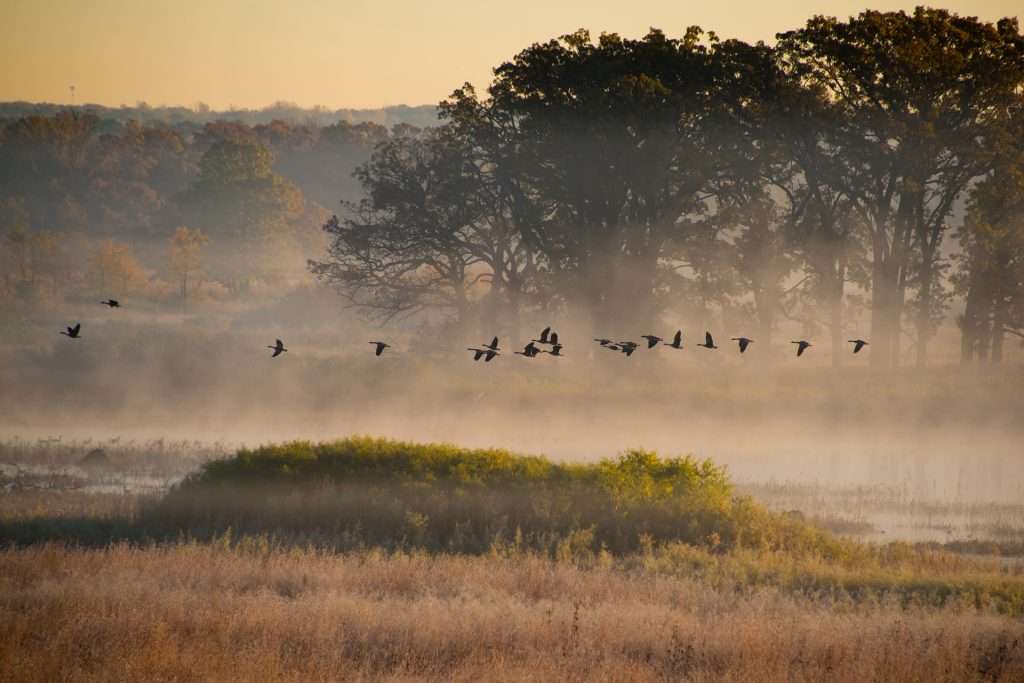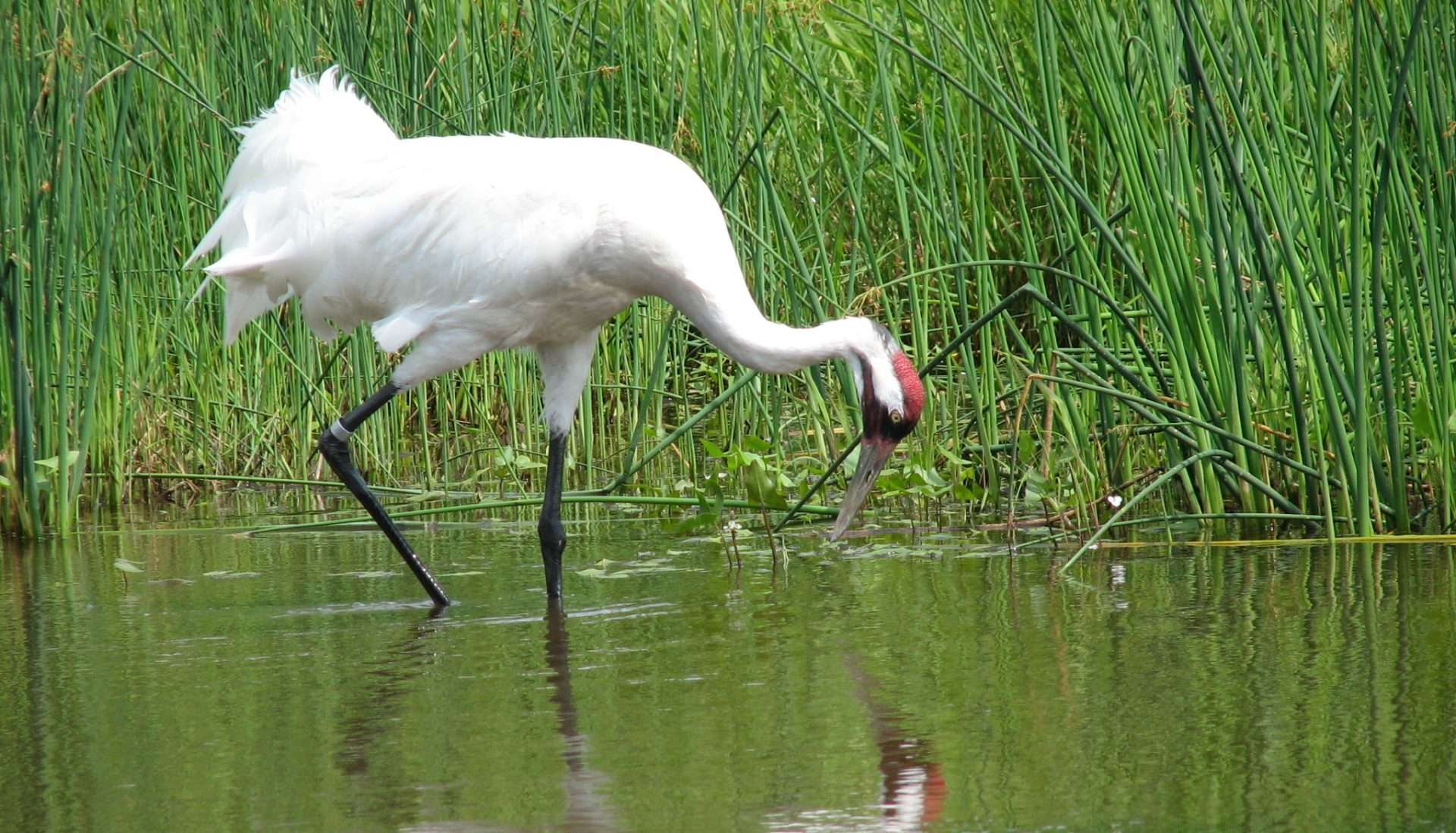On May 6, the United Nations Intergovernmental Science-Policy Platform on Biodiversity and Ecosystem Services (IPBES) released their summary of an upcoming 1,500-page report on the state of biodiversity on Earth. The findings of the report are sobering and paint a bleak view for one million wildlife species now at risk of extinction due to human activity.
A three-year study by the IPBES finds that nature is experiencing an ‘unprecedented’ decline. This decline threatens terrestrial and aquatic species — including birds, insects, amphibians, mammals, trees, plants, marine life, and terrestrial life — and erodes the social and economic foundations of human civilization. It also finds unequivocally that human activities are to blame, especially ones that drive land use change, species exploitation, climate change, pollution, and competition from invasive species.
Some especially astonishing facts revealed by this study include:
- Three-fourths of the planet’s land-based habitat, and two-thirds of its ocean habitat, has been significantly altered by humans;
- One-third of the planet’s land and three-fourths of its freshwater are used by agriculture; and
- The footprint of urban areas more than doubled since 1992.
The report from the UN reminds us again that as a planet, our current efforts to protect nature are nowhere near enough. Without ‘transformational changes’, the situation will worsen.
But that doesn’t have to be our future.

Openlands believes that nature is vital to all humans, and so we have an obligation to sustain nature not only for its own sake but also for our own wellbeing. To counter these troubling global trends, Openlands acts regionally to advance changes that are models for transformations which safeguard our region’s wildlife, sustain human communities, and support a healthy equilibrium between them.
- Our work to establish greenway corridors and our landscape-scale land protection at Hackmatack National Wildlife Refuge and Midewin National Tallgrass Prairie set the stage for wildlife to migrate and flourish.
- Ecological restoration projects, the Openlands Lakeshore Preserve and our school gardens programs also aim to transform human-impacted places into areas where wildlife can thrive again.
- We help private landowners place conservation easements on their property to protect important natural habitat and we work with willing sellers to add new acreage and access to existing conservation areas.
- We work to build a climate-resilient region by taking steps to reduce the number of private cars and trucks on our roads, which includes opposing shortsighted highway projects that reinforce the automobile-focused status quo and proliferate our region’s use of fossil fuels.
- Forestry, clean water, and local food programs all provide education about our natural resources so that more residents of the Chicago region value and respect them.
And while we are leading the efforts to make our region the most livable region in the country, endangered wildlife is still facing threats today and needs your voice. Right now legislation in Springfield will undercut Illinois’ ability to protect its own endangered wildlife and instead defer critical decisions to the current Federal administration, an administration that’s made a point of showing its disregard for environmental protection.
Please ask your state legislators to reject this law that would prevent Illinois from protecting its own threatened and endangered species.
We are committed to keeping you informed of the latest news and how it impacts conservation in the Chicago region, and we need your help to keep pursuing the transformation changes needed to save our planet’s wildlife. We need your support now, more than ever, to sustain our work that connects people with nature in the Chicago region.
